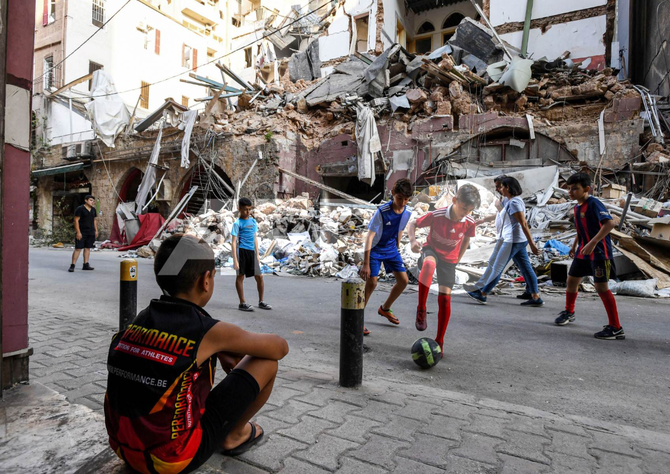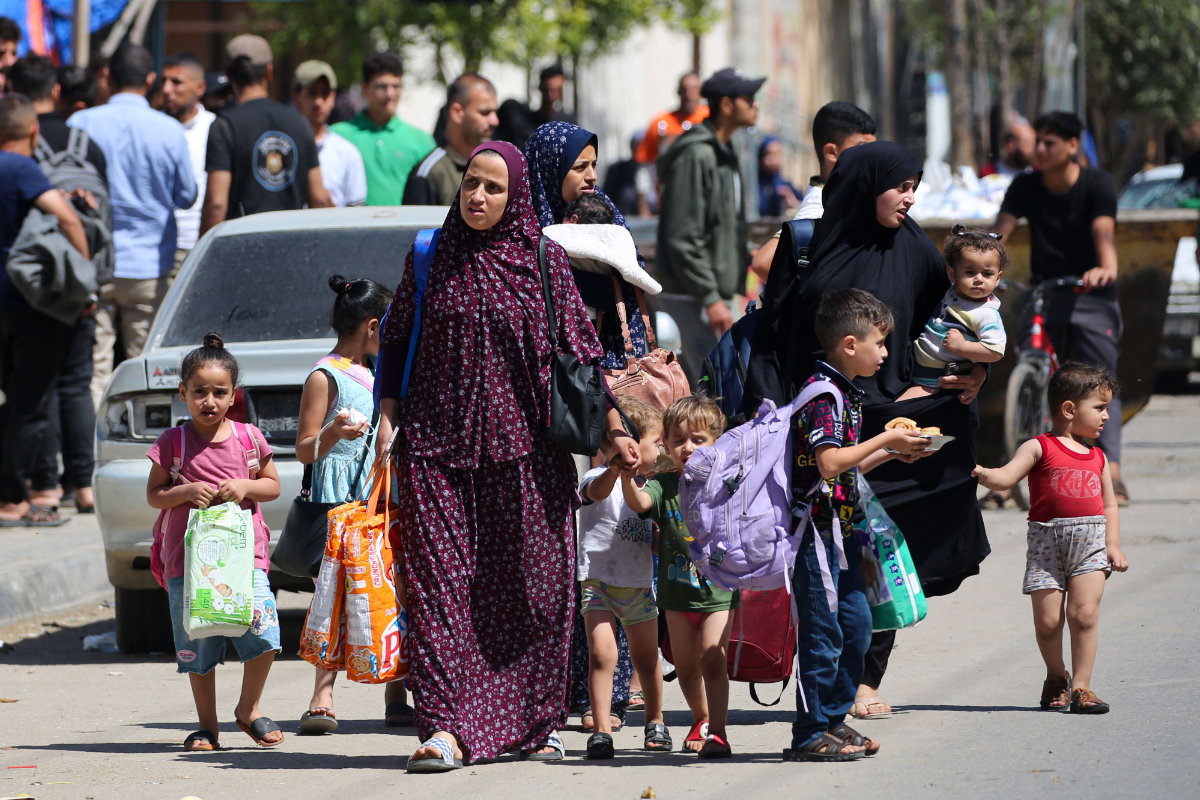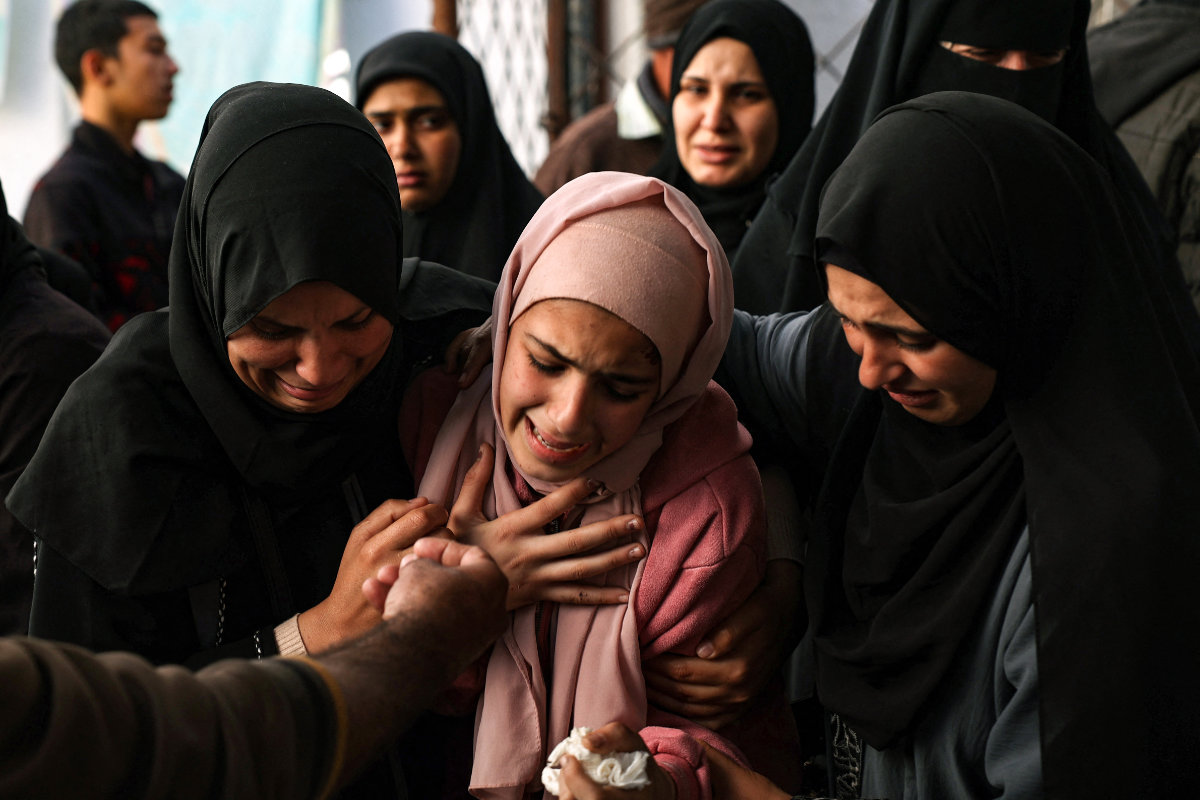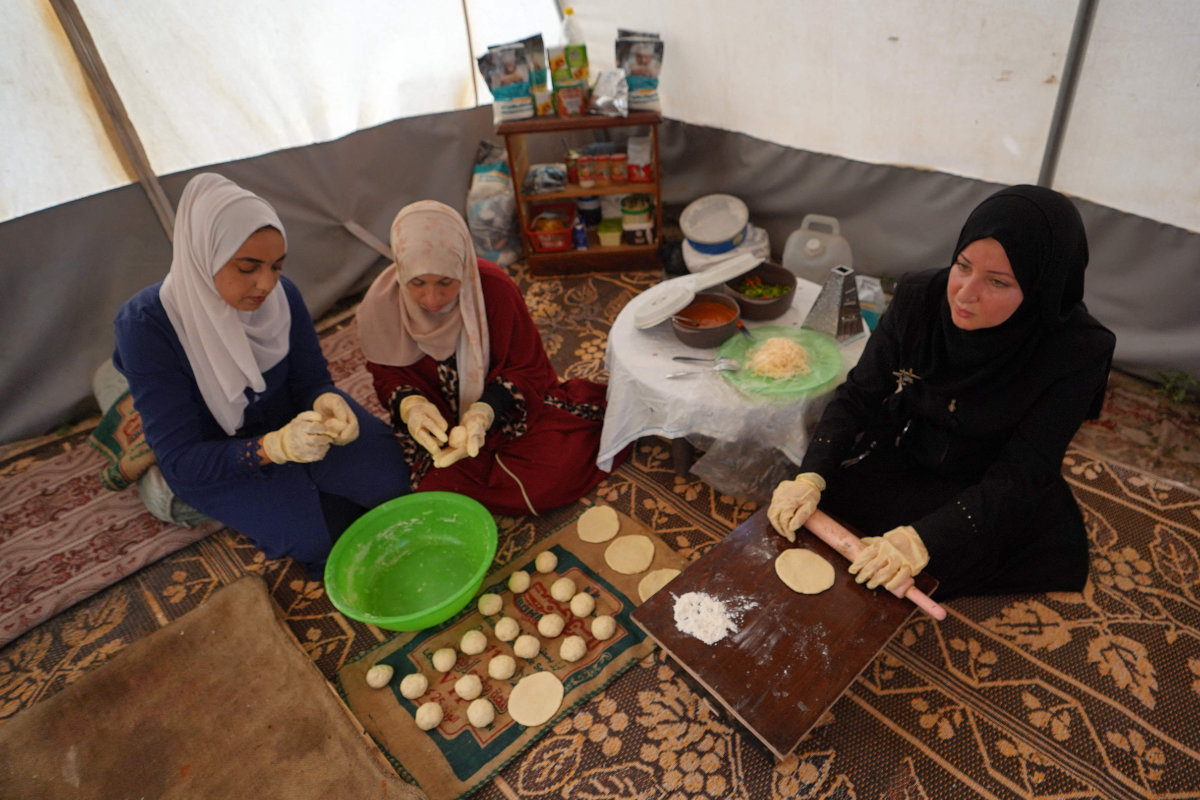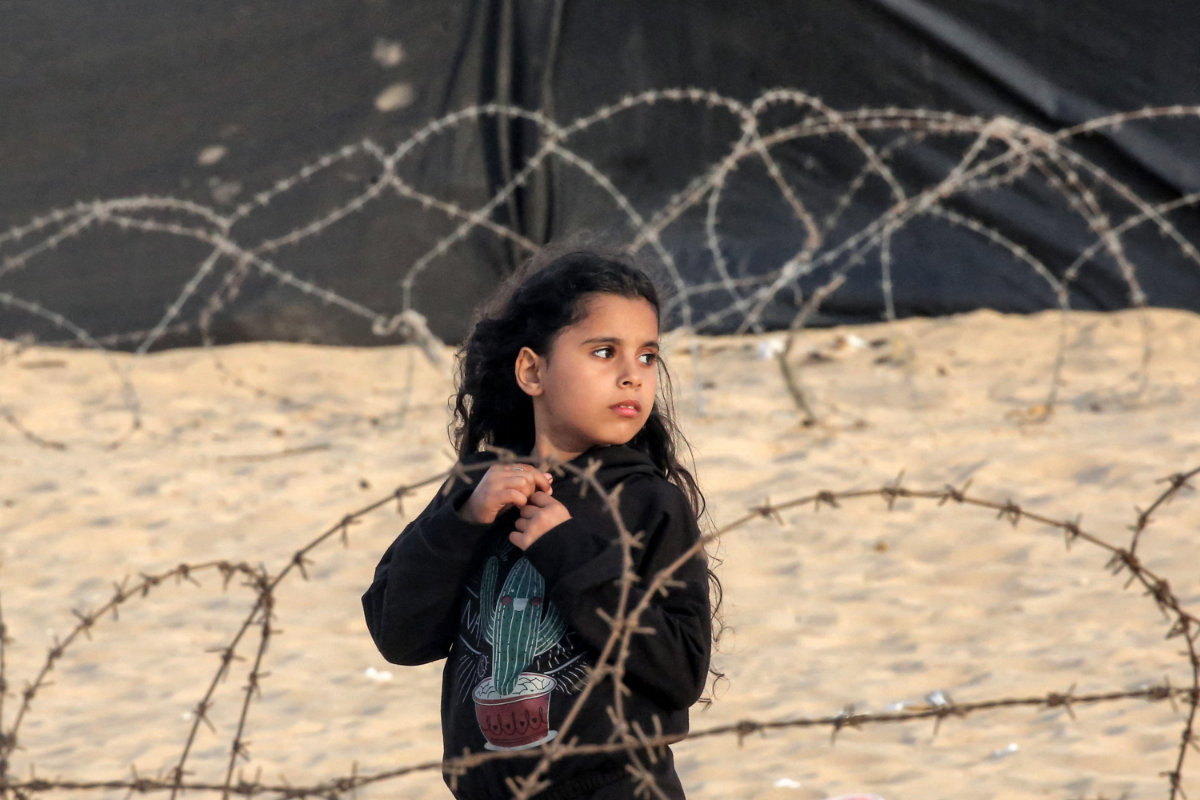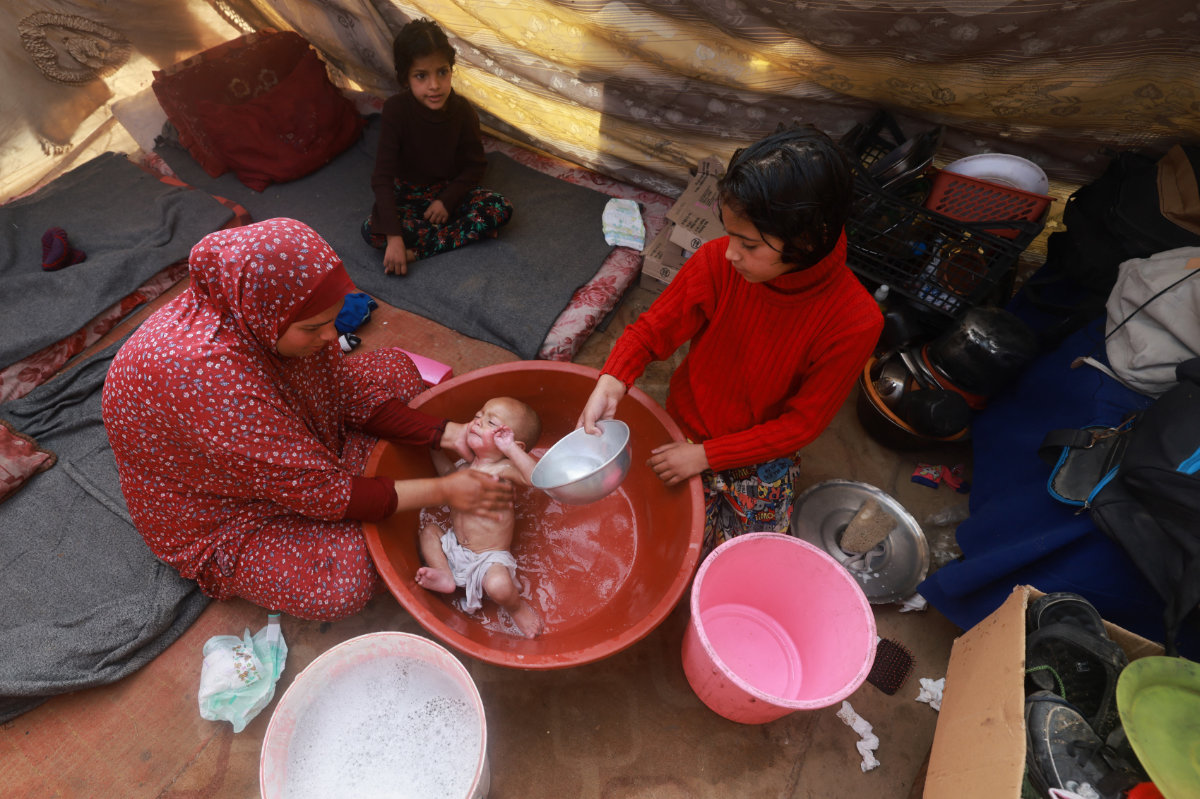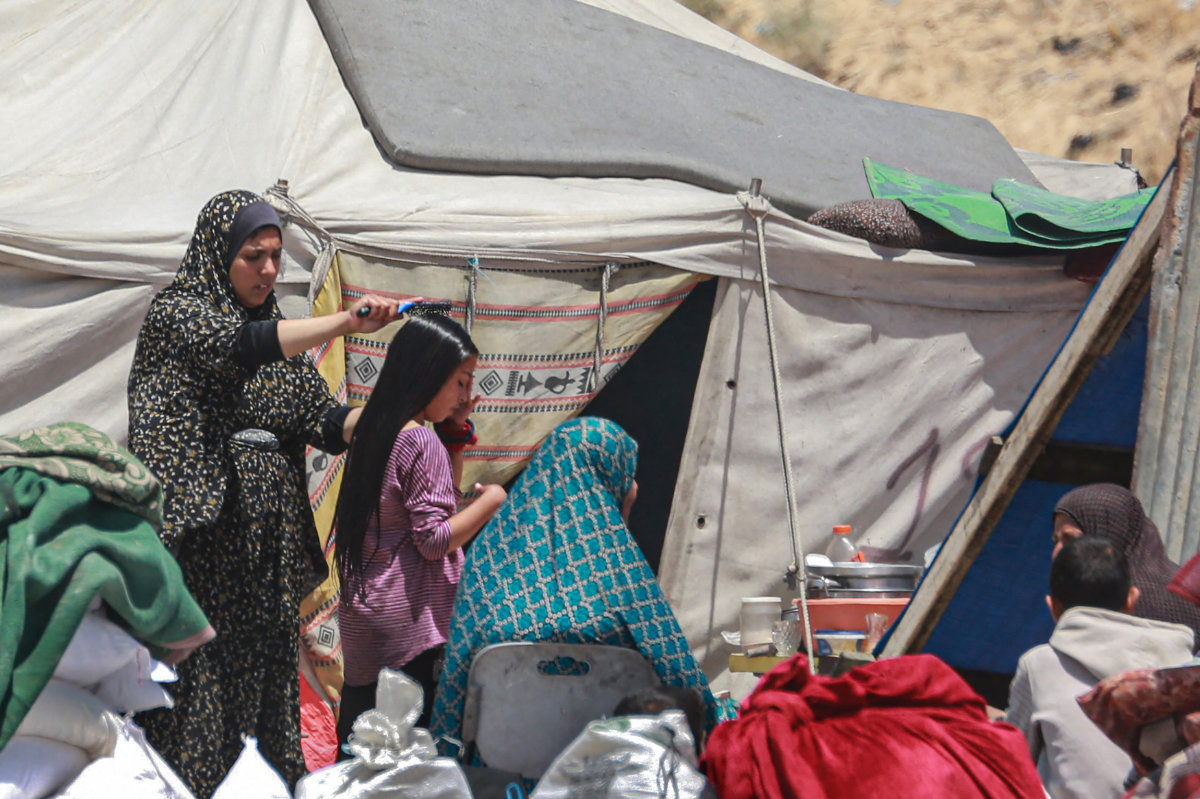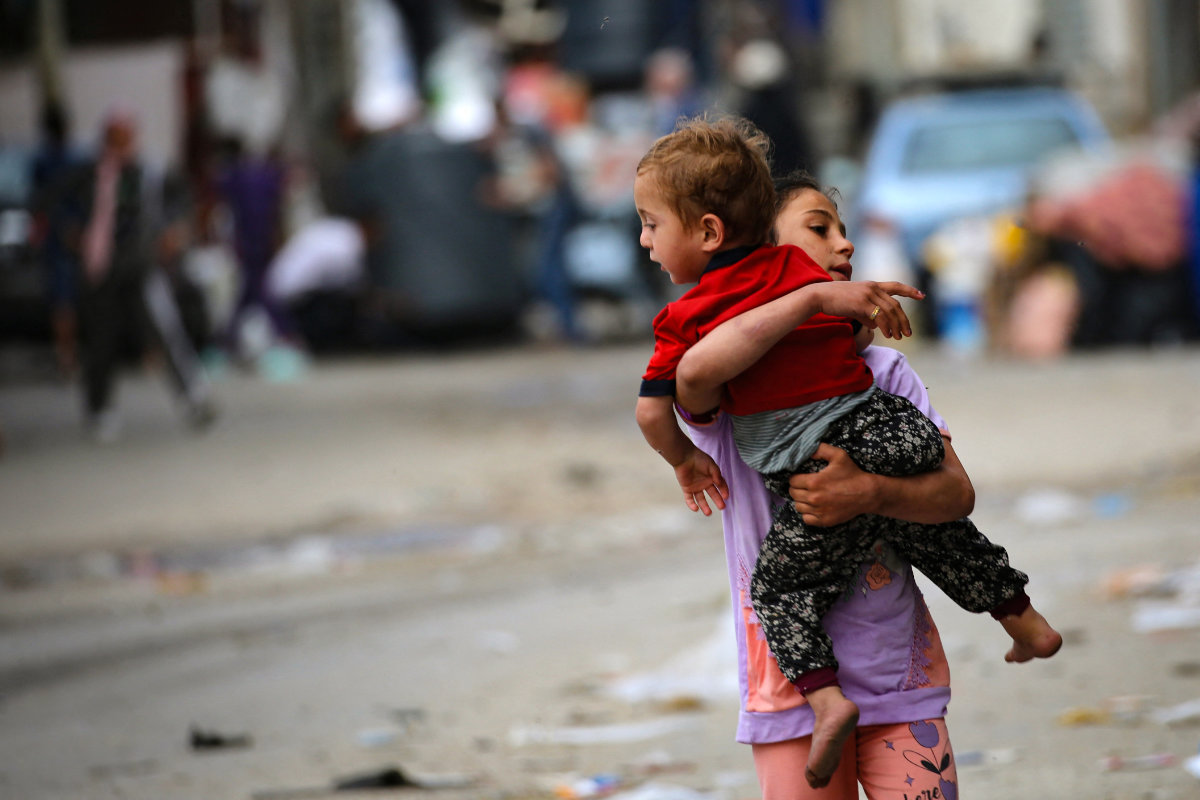DUBAI: Lebanese society was appalled to learn of the death last month of Leen Talib, a six-year-old girl who lived with her grandparents in Akkar in the country’s far north. According to a coroner’s report, Leen died from injuries sustained as a result of repeated sexual assault.
The girl’s maternal grandfather and mother were both arrested in connection with the attack. Meanwhile, the case has provoked outrage across the Arab world, with calls on social media for the guilty parties to face the death penalty.

Leen Talib. (Twitter/ photo)
Lebanon is bound by international law to provide child protection, having signed the CRC (Convention on Rights of the Child) in 1990 that safeguards children from psychological, physical and sexual abuse, and all forms of exploitation. But the state falls dismally short when it comes to implementation.
“We have seen that there is a rise in child protection cases and abuses are becoming more severe. It is definitely related to the economic situation, and the absence of accountability and protection in many cases,” Charles Nasrallah, executive chairperson of the Lebanese human rights monitor Insan Association, told Arab News.

Since the financial crisis hit, a collapse compounded by the economic pressures of the global pandemic, the Lebanese pound has lost 98 percent of its value, while about 80 percent of the population has plunged below the poverty line.
The nation’s collective trauma was deepened exactly three years ago when a warehouse at the port of Beirut filled with thousands of tons of improperly stored ammonium nitrate caught fire, causing one of the biggest non-nuclear blasts in history.
The Aug. 4, 2020 explosion devastated a whole district of the Lebanese capital, killing 218, injuring around 7,000, and causing $15 billion in property damage, as well as leaving an estimated 300,000 people homeless.

A massive explosion that devastated a whole district of Beirut on Aug. 4, 2020, killing 218, injuring around 7,000, and leaving more than 300,000 people homeless, has deepened the collective trauma of a nation severely crippled by a lingering economic crisis. (AFP file photo)
Rana Ghinnawi, a family protection expert, told Lebanese news media she believes cases of child cruelty are on the rise owing to several factors, particularly the collapse of child protection services, civil courts, deterrence, and crisis management resources.
Patricia Khoury, international partnerships coordinator for Himaya, a nongovernmental organization that specializes in child protection, said the economic decline in Lebanon is a primary reason for the increase in violent cases.
During the first five months of 2023, Himaya responded to 1,415 cases of child violence, 26 percent of which involved neglect, 18 percent psychological violence, 29 percent physical violence, 18 percent exploitation and 10 percent sexual violence.
INNUMBERS
1,415 Reported cases of child violence in first 5 months of 2023.
46% Proportion of victims of child violence who are female.
74% Proportion of those allegedly abused who are Syrian.
51% Proportion of cases that involved sexual violence.
Source: Lebanese NGO Himaya
Divided along gender lines, recorded victims of violence so far this year were 46 percent female and 54 percent male. Most of those allegedly abused were Syrian children (74 percent), followed by Lebanese (25 percent) and other nationalities (1 percent). About 51 percent of the cases registered with Himaya involved sexual violence.
According to Khoury, it has become almost impossible to meet the growing and urgent needs of children in the country, whether through associations, parents, authority or schools.
With many services suspended owing to the financial crisis, families have been left at their wits’ end, exposing children to risks of abuse.
According to a 2021 report by the UN children’s fund UNICEF, one in two children in Lebanon “is at risk of physical, psychological or sexual violence,” while around “1.8 million children in Lebanon are now experiencing multidimensional poverty and are at risk of being forced into abuses such as child labor, child marriage, to help their families make ends meet.”

In many cases, parents have been forced to work multiple jobs, increasing demand for daycare and babysitting services. However, poor monitoring and oversight of these services has left them open to abuse.
Gardereve, a nursery in the coastal municipality of Jdeideh, near Beirut, was shut down recently after videos surfaced showing an employee force feeding, slapping and psychologically abusing children in the center’s care.
In July, Lebanese media reported the arrest of a shop owner in Beirut accused of luring children to his outlet, and at times to his home, where he is alleged to have assaulted them.
A Lebanese Facebook page by the name of “Winiya al Dawle” (Where is the government) recently published a video of a mother brutally beating her child, and threatening to kill him and his brother if their father did not take them.
Meanwhile, the NGO Village of Love and Peace was shut down after allegations of trafficking, sexual abuse and harassment were leveled against its founder, Norma Saeed, and one of her employees, Jebran Kali.

Street children chat together as they beg for money in a street of the Lebanese capital Beirut. Syrian refugees make up the majority of children living and working on the streets of Lebanon, with many of them illiterate and surviving by begging. (AFP file photo)
Minors in their care were allegedly forced to consume drugs and alcohol, engage in sexual activities, and were called to Saeed’s apartment to clean. Saeed has also been accused of falsifying records and papers of toddlers under her care and selling them to families.
There have also been several cases of child abandonment. In Tripoli, one of Lebanon’s poorest cities, a baby girl only a few days old was discovered wrapped in a trash bag being carried by a stray dog.
Two babies were also recently found dumped under the Ring Bridge in Beirut.
In other instances, families have taken their children out of school and sent them to work to bring in extra income, contrary to laws governing compulsory education and a ban on child labor.

In this photo taken on February 16, 2015, a child sells chewing gum on a street in Beirut. The worsening economic situation has sent more children on the street to earn a living. (AFP)
“Children are subjected to double danger when they go to work, as they are more exposed and usually do low-skill, high-risk jobs,” said Nasrallah.
Although there are no published figures demonstrating a rise in cases of child abuse in Lebanon, recent high-profile incidents have brought the issue to the fore, leading to demands for greater attention to prevent damaged childhoods.
However, it is often only the most prominent cases that receive attention, thereby forcing authorities to act.
“When a child is abused, if the case is exposed in the media and has a lot of coverage, this is when the legal system takes fast and adequate measures. Otherwise the abusers aren’t usually held accountable,” said Nasrallah.
“At times, religious laws also play a hand in protecting abusers.”
Lebanese authorities have attributed the apparent rise in abuse to what they call moral decay and lack of public awareness.

A girl tends to her younger sibling on a child stroller along an alley in the Bab al-Tabbaneh neighborhood of Lebanon's northern city of Tripoli on June 3, 2020. The worsening economic situation has sent more children on the street to earn a living. (AFP)
After the arrest of Alaa Chahine, the shop owner in Beirut who had allegedly been luring children to his shop and home to sexually abuse them, State Security Director Maj. Gen. Tony Saliba released a statement saying: “Cases of harassment and rape have increased in Lebanon in recent times for various reasons, including cases of moral looseness and distancing from the values that the Lebanese have always cherished.”
Saliba also cited “the absence of serious awareness in schools and universities to urge young women and men to be on the safe side and protect themselves from harassers.”
He said: “I am sending a message to the parents, to warn their sons and daughters, and to be frank with them and alert them to confront anyone who tries to touch them or invites them to places.
“Parents should encourage their children to tell them when any incident occurs, because the consequences of neglect are very negative for every child or adolescent. This must be done to avoid a life of psychological wounds, consequences, and suffering.”







